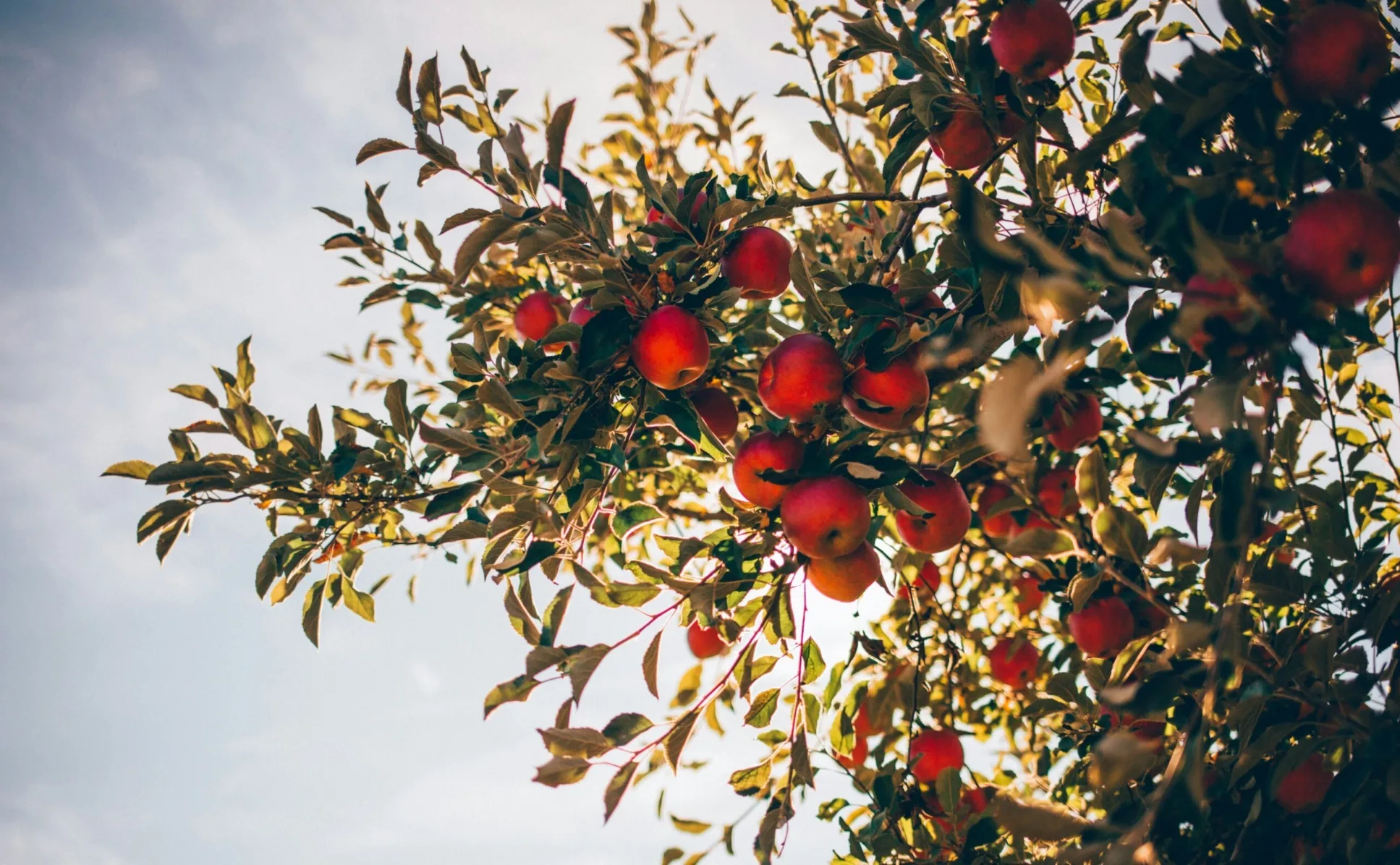Are you ready to go on a campervan road trip but aren’t sure about cooking meals in a confined space?
You’re not alone!
Many campers face the challenge of creating easy and delicious meals on the go.
The good news is that with the right equipment, planning, and tips, you can make the best campervan meals without too much fuss.
At Platinum Wave Campers, we understand the importance of good campervan cooking, which is why all our van conversions include a gas stove, fridge, sink, and in most cases, even a built-in microwave.
We know that having access to these essential appliances can make a world of difference when you’re trying to create easy meals on the road.
In this blog, we’ll provide our top 9 tips for successful campervan cooking.
But we won’t stop there! We’ll include safety tips to ensure you stay protected during your campervan cooking adventures on the road too.
Whether you’re a seasoned camper, weekend explorer or new to van life, we hope that our tips will help you create the best campervan meals and make the most of your next road trip.
Before we get into the campervan cooking tips, let’s cover three of our most frequently asked questions about campervan cooking!
Can you cook inside a campervan?
Yes, you can cook inside a campervan as long as you have the right equipment and take appropriate safety precautions.
Most campervans come with a built-in kitchen, so you can cook your meals inside the van. However, like at home, it’s important to ensure that you use the stove in a safe and secure location.
Is it safe to cook in a camper van?
Cooking in a camper can be just as safe as cooking at home, and just like there, you should take the necessary precautions.
It’s essential to have a fire extinguisher and a first aid kit installed in your camper and to follow the manufacturer’s instructions for using your campervan’s appliances. By taking these precautions, you can enjoy cooking in your camper safely.
What do you need in a campervan kitchen?
To have a fully functional kitchen in a campervan, you’ll need a few essential items. These usually include a gas cooker, sink, and fridge, as well as storage space for cooking utensils, dishes, and food.
Many campervan kitchens also come with a built-in microwave and a small oven or grill. Other useful items to consider include collapsible cookware, portable camping stoves, and multi-functional kitchen tools. It’s also a good idea to have a fire extinguisher installed in your campervan for safety.
By having these key items in your campervan kitchen, you can make cooking on the road an enjoyable and effortless experience.
9 Campervan Cooking Tips
1. Make Meals with Fewer Ingredients
Cooking in a campervan can be a lot of fun, but when it comes to making meals, it’s best to keep it simple.
One of our top tips is to make meals with fewer ingredients, which will not only save you time and effort but also make cooking in a campervan more enjoyable.
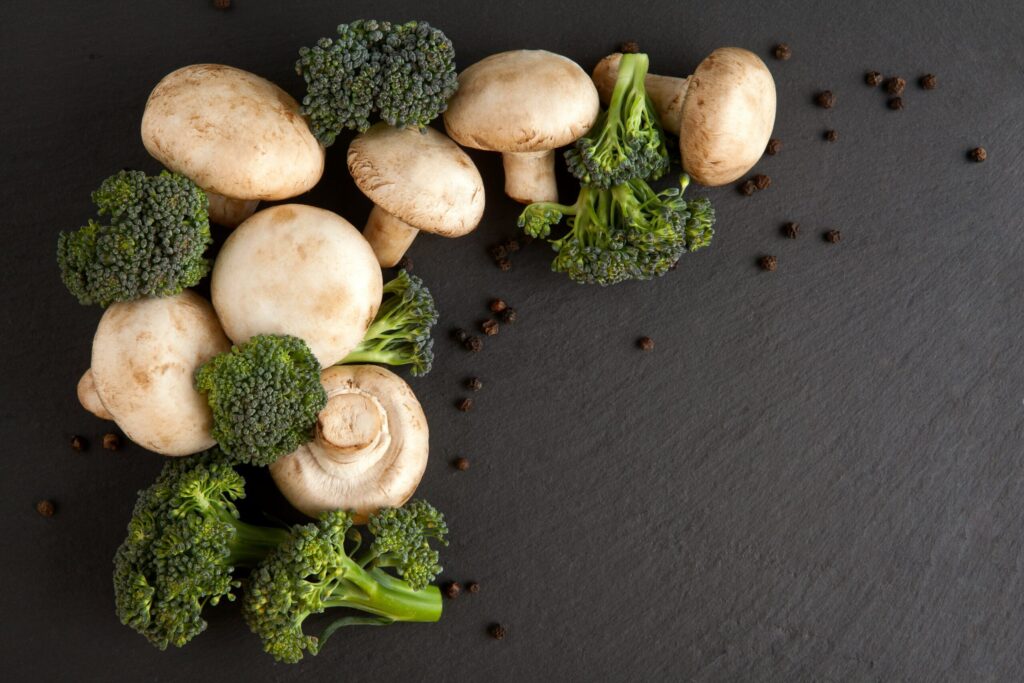
One-pan meals are a great option for campervan cooking, as they require minimal ingredients and equipment.
You can use recipe bases or pre-packaged seasoning mixes. This means you can cook a tasty meal in one frying pan, which is easy to clean and doesn’t take up too much space.
Plus, by cooking in one pan, you’ll generate less washing up and fewer leftovers (more on this later).
When it comes to cooking in a campervan, it’s important to be space-saving and think creatively.
You may not have all the tools and gadgets you would at home, so you’ll need to adapt your cooking style accordingly. Try using pre-chopped tomatoes, grated cheese, and other pre-prepared ingredients to make cooking in a campervan easier.
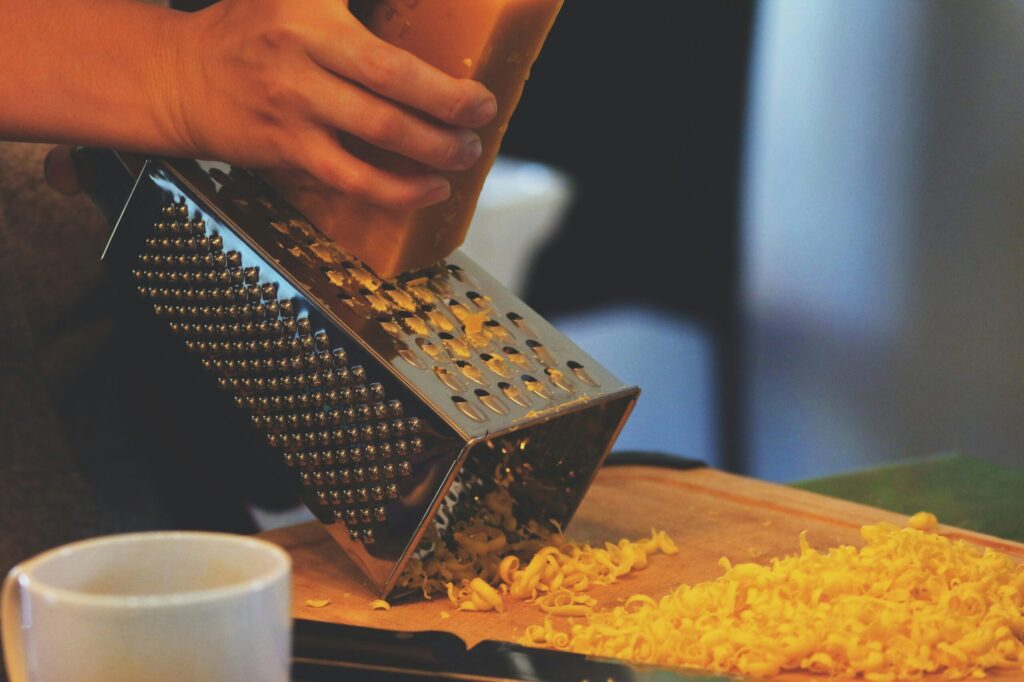
By making meals with fewer ingredients, you can still create a range of tasty and satisfying meals while cooking in a campervan.
Whether you’re cooking breakfast, lunch or dinner, keeping it simple and using minimal ingredients will help you make the most of your time on the road.
2. Avoid Strong Smelling Food
Cooking in a campervan can be an intimate experience, with your bed often located just a few steps away from the kitchen. That’s why our next tip is to avoid cooking strong-smelling foods that can leave lingering odours inside your campervan.
Foods such as eggs, fish, and dishes with curry powder are all notorious for their strong smells, so it’s best to avoid cooking them inside your campervan.
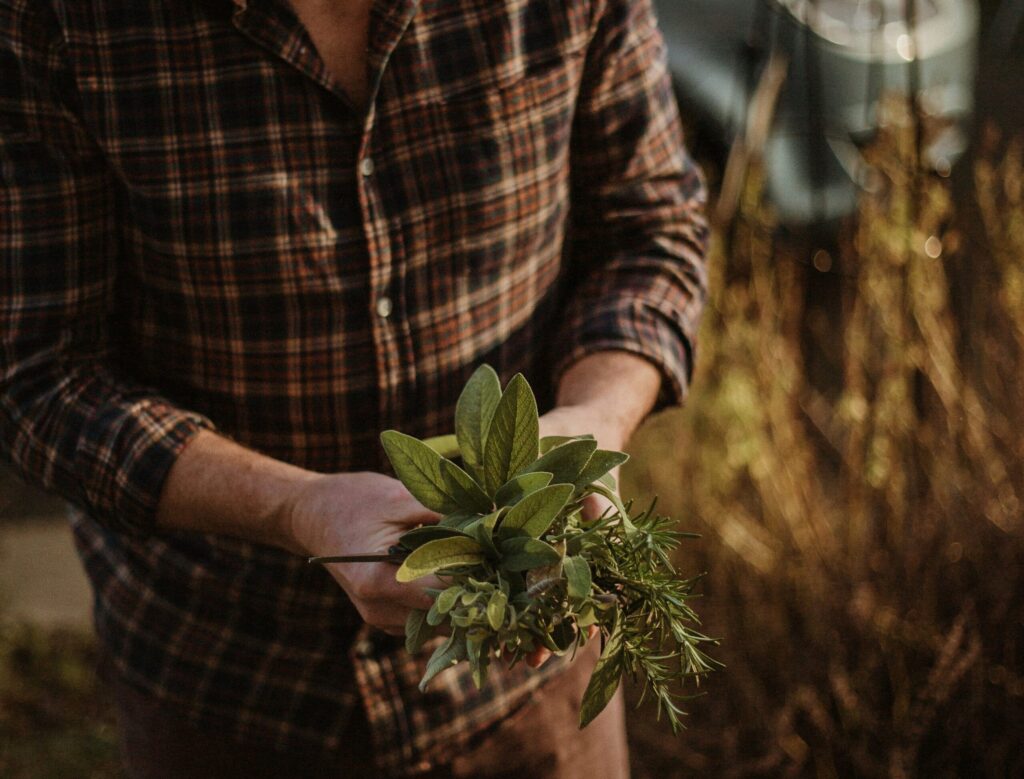
Instead, choose meals that have less potent aromas. You can also consider pre-cooked meals or pre-prepared food that can be heated up in a frying pan or microwave.
Avoid using ingredients or spices that produce strong odours or may generate a lot of waste.
If you want to avoid going to bed smelling like your dinner, it’s best to steer clear of strong-smelling foods when cooking in a campervan. By following this tip, you’ll keep your campervan smelling fresh and pleasant throughout your trip.
3. Clean Up ASAP
When cooking in a campervan, cleaning up as soon as possible is crucial to maintain a hygienic and pleasant environment.
This is especially important in a small space, where smells and mess can quickly build up.

Our next tip is to clean up straight after meals, even while the pans are still warm, to make it easier to avoid smelly pots and old food.
If you forget to clean up quickly, try adding some hot water and washing up liquid to your pans and letting them soak for 10 minutes. This will make cleaning much easier and require less elbow grease.
Another tip is to use non-stick cookware or lightly coat your pan with olive oil to prevent food from sticking and make cleaning easier.
4. Buy Local Food
One of the joys of a UK campervan trip is the opportunity to try local foods and specialties. When it comes to campervan cooking, our next tip is to buy local foods to make the most of your journey and add variety to your meals.
By shopping for local food items, you can enjoy fresh, in-season produce that you may not find in your local supermarket.
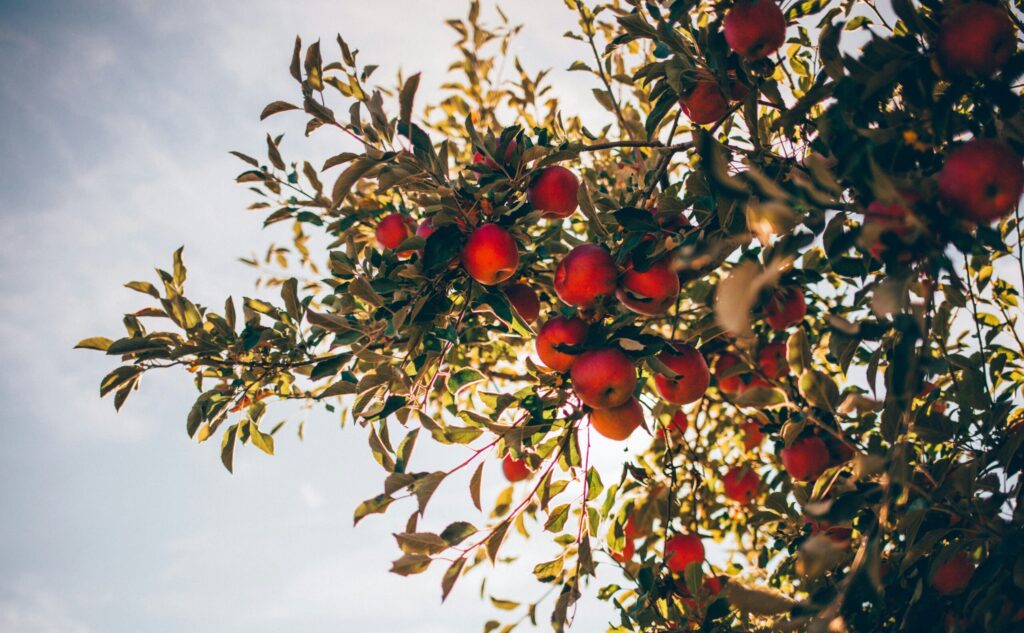
Whether it’s fresh vegetables or artisanal cheeses, there’s no better way to experience the flavours of a new location than by trying local foods. Plus, supporting local producers and farmers is a great way to contribute to the local economy and reduce your carbon footprint.
When planning your campervan recipes, research the local food markets, farm shops, and delis in the area.
Talk to locals and ask for recommendations on what to try, and don’t be afraid to step outside your culinary comfort zone.
From the famous haggis in Scotland to the Cornish pasties in the southwest, the UK has plenty of regional specialties to try.
5. Use All of Your Cooking Appliances
When it comes to campervan cooking, making the most of your cooking appliances is key to creating delicious and satisfying meals on your UK campervan trip.
One of our top tips is to use all of your cooking appliances to maximise your cooking experience.

An equipped camper van should have a fridge, gas hob, sink, and possibly a microwave oven. While you may not have as many hobs as you do at home, you can still utilise each element of your campervan kitchen to its full potential.
For example, you can use the gas hob to cook meals that require high heat, such as stir-fries or steaks, while using the oven or microwave for reheating or cooking smaller items like baked potatoes, brown rice or quick microwaveable meals.
In addition to your cooking appliances, you can also make the most of your gas canister and other camping equipment to create a range of campervan meals. For example, you can use a BBQ to cook outside or on a campsite, or use a small pot or kettle to save space when boiling water or cooking pasta.
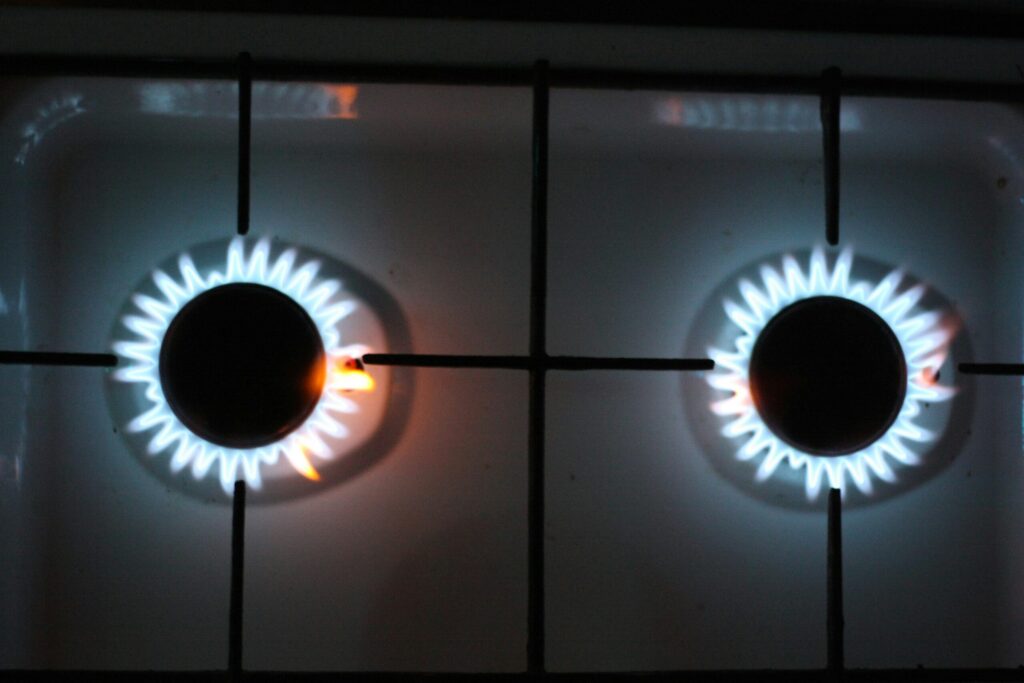
When planning your campervan recipes, think about how you can use each of your cooking appliances to create tasty and satisfying meals.
You can use your fridge to store fresh ingredients or pre-preared meals like potato salad, your gas hob to cook a range of dishes like stir-fry, your microwave for quick reheating and cooking for left-over spaghetti bolognese, and your camping equipment for outdoor cooking adventures like bbq chicken.
6. Use Collapsible Cookware
When it comes to campervan cooking, space is at a premium, and it’s important to make the most of the room you have available.
One of our top campervan cooking tips is to use collapsible cookware, which can save valuable space in your campervan kitchen.
Collapsible cookware is a great solution for those looking to make the most of their space. It can be easily packed away when not in use, leaving more room for other essentials in your campervan.
You can find a range of collapsible cookware options, including frying pans, saucepans, and even large bowls, all of which can be easily stored away in a compact size.
Using collapsible cookware also makes it easier to clean up after a meal. You can simply collapse the cookware and store it away until you’re ready to use it again.
This is especially helpful when you’re short on time and need to get back on the road in half an hour.
When planning your best campervan recipes, think about how you can use collapsible cookware to create tasty treats while also saving space in your campervan.
You can use collapsible bowls for mixing and serving, or collapsible frying pans for cooking up a quick meal on the gas hob.
In summary, using collapsible cookware is a great tip for successful campervan cooking. By using space-saving cookware options like collapsible frying pans and bowls, you can make the most of your campervan kitchen and create delicious meals while on your campervan adventure.
7. Stay Safe
When it comes to campervan cooking tips, staying safe is essential for a successful and enjoyable trip.
While it’s important to focus on creating delicious campervan meals, it’s equally important to take the necessary precautions to avoid accidents and injuries.
One of the key safety tips for campervan cooking is to be aware of the risks associated with gas appliances, including the gas hob and gas canister.
Make sure to always use gas appliances in a well-ventilated area and to check for any gas leaks before use. It’s also important to be aware of the risks of carbon monoxide poisoning when using gas appliances, so make sure to keep your campervan well-ventilated and to install a carbon monoxide detector as a precaution.
In addition to gas safety, it’s important to have a first aid kit and fire extinguisher on hand in case of an emergency. Accidents can happen even when you’re careful, so make sure to be prepared in case of any injuries or fires.
When using a microwave in your campervan, make sure to follow the manufacturer’s instructions and avoid putting metal or other items that are not microwave-safe in the microwave. It’s also important to never leave the microwave unattended while in use.
In summary, staying safe is a crucial aspect of campervan cooking. By following these essential safety tips, you can enjoy your road trip and best campervan meals with peace of mind.
8. Store Food Properly
When it comes to campervan cooking, storing your food properly is important for keeping it fresh, safe, and free from pests.
Whether you’re cooking up a campervan meal or just storing ingredients for easy meal ideas on the go, there are a few key things to keep in mind.
One of the best ways to store food in a campervan is to use Tupperware boxes. These containers are great for storing dry ingredients like rice, pasta, and oats, and can help to keep them safe from pests like mice and ants.
Storing your food in Tupperware also makes it easy to access and organise your ingredients, which is essential when you’re cooking in a small space.
When it comes to storing liquids like olive oil or soy sauce, make sure to use leak-proof containers to avoid any spills or messes. You can also use small travel-sized bottles to keep your condiments organised and easy to access.
When storing your food, make sure to keep perishable items like meat and dairy products refrigerated to prevent spoilage.
And don’t forget to label your containers with the date and contents, so you know exactly what you have on hand for your next campervan meal.
9. Don’t Jam the Plug!
Finally, the last of our campervan cooking tips is to avoid clogging the plug.
Although not a common problem, if you’re not careful, food scraps and other debris can clog your campervan plug.
To avoid this problem, be mindful of what you’re putting down the sink. When you’re washing dishes or preparing campervan meals, make sure to scrape any food scraps into the bin before washing the dishes. This will help to prevent clogs and keep your sink smelling fresh.
Some dishes often require the use of cooking oil or sauces, which, just like at home, can easily clog the plug if you’re not careful. Make sure to wipe down your pots and pans with paper towels or cloth before washing them in the sink to avoid clogging the plug.
Campervan Cooking Tips: Conclusion
In conclusion, campervan cooking can be so much fun.
By following these campervan cooking tips, you can create delicious and easy campervan meals that will keep you fuelled up for your adventures on the road.
When cooking in a campervan, it’s important to make the most of your campervan kitchen, whether that means using all your cooking appliances, including gas cookers and microwave ovens, or using collapsible cookware to save space.
Make sure to store your food properly to keep it fresh and avoid any pests or spoilage, and be mindful of cleaning up as you go to make sure that you don’t end up with a mess.
When it comes to cooking itself, keep things simple with easy-to-make meals that don’t require too many ingredients or too much high heat.
Use one-pot meals, such as a frying pan for easy cooking and less washing up. And remember to avoid strong-smelling foods, especially if you’re cooking in a small space.
Whether you’re a seasoned campervan cook or a first-time camper, these tips and tricks can help you create the best campervan recipes that you’ll enjoy.
And if you’re in the market for a campervan, be sure to check out our campervans for sale which are equipped with all the essentials for campervan cooking.
So follow these campervan cooking tips and enjoy your next campervan adventure!

